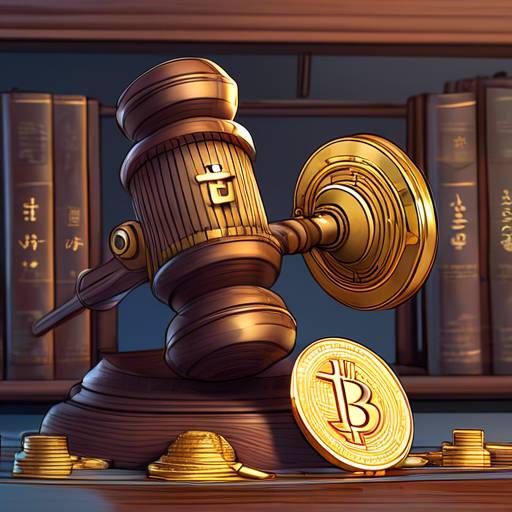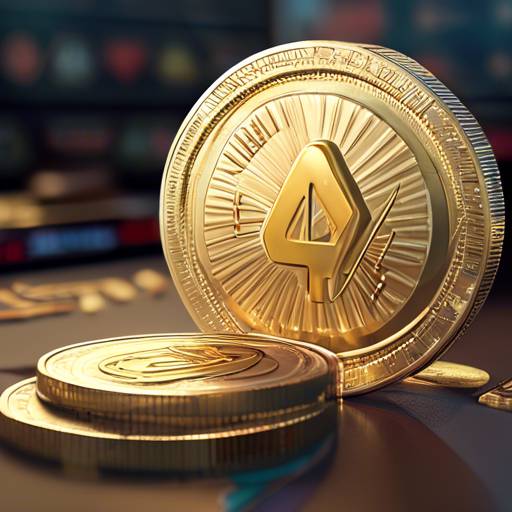South Korean Courts Struggle to Define Crypto as Security
A recent report suggests that South Korean courts are facing challenges in determining whether cryptocurrencies should be classified as securities. This dilemma has resulted in a legal backlog, as individual judges at the Seoul Southern District Court find themselves engaged in debates over the security properties of certain coins.
Judges Handling High-Profile Altcoin Cases
The Seoul Southern District Court is currently handling two high-profile altcoin cases involving alleged price manipulation. The first case relates to the Terra ecosystem crash that occurred in May 2022, while the second involves the art-themed Pica Coin token. In both cases, prosecutors claim that the coins were knowingly sold as securities.
No Clear Recognition of Crypto Assets as Securities
Under current South Korean law, no cryptocurrency is recognized as having security status. However, judges have been under pressure to consider precedents set by regulators in the United States. US regulators have classified some coins as securities and others as commodities.
Terraform Labs Argues Against Crypto as Securities
Terraform Labs, the company behind Terra ecosystem coins like LUNC (formerly LUNA), has based its defense on the argument that cryptoassets should not be considered securities. However, judges at the Seoul Southern District Court have repeatedly struggled with this question during trials.
Difficult Decisions for Judges
In a recent case involving a former crypto exchange executive, a judge from the same court expressed frustration with the lack of clear legal standards regarding crypto-related offenses. Unnamed experts from the legal community suggest that South Korea’s expanding crypto market has led to an increase in fraud cases. However, they also acknowledge that there is currently no relevant legal framework to address these matters.
Pica Coin Case Highlights Legal Debate
In the Pica Coin case, prosecutors have urged the court to consider the token as a security, allowing them to press charges of price manipulation under the Capital Markets Act. However, defense lawyers argue that coins are not securities under national law and question the legality of the investigation and resulting prosecution.
Legal Experts Disagree on Crypto Classification
Legal experts in South Korea hold differing opinions on whether cryptocurrencies should be classified as securities. Lee Jeong-yeop, CEO of Lawjipsa legal firm and President of the Blockchain Law Society, suggests that prolonged trials may result from the need to examine possible violations of the Capital Markets Act. If judges determine that this act does not apply to crypto-related cases, it could create problems. Kim Hyun-kwon, a lawyer at LKB & Partners, emphasizes that without legislative change, a clearer understanding will only emerge through individual court rulings.
Hot Take: Waiting for Clarity
The question of whether crypto should be considered a security in South Korea remains unresolved. The inability of courts to reach a consensus has led to a legal backlog and uncertainty for defendants. As allegations of crypto fraud and related crimes continue to surface in the country, it is crucial for South Korea to establish a clear legal framework to address these issues. Until then, those seeking answers will have to wait for further developments in individual court cases.





 By
By
 By
By
 By
By
 By
By
